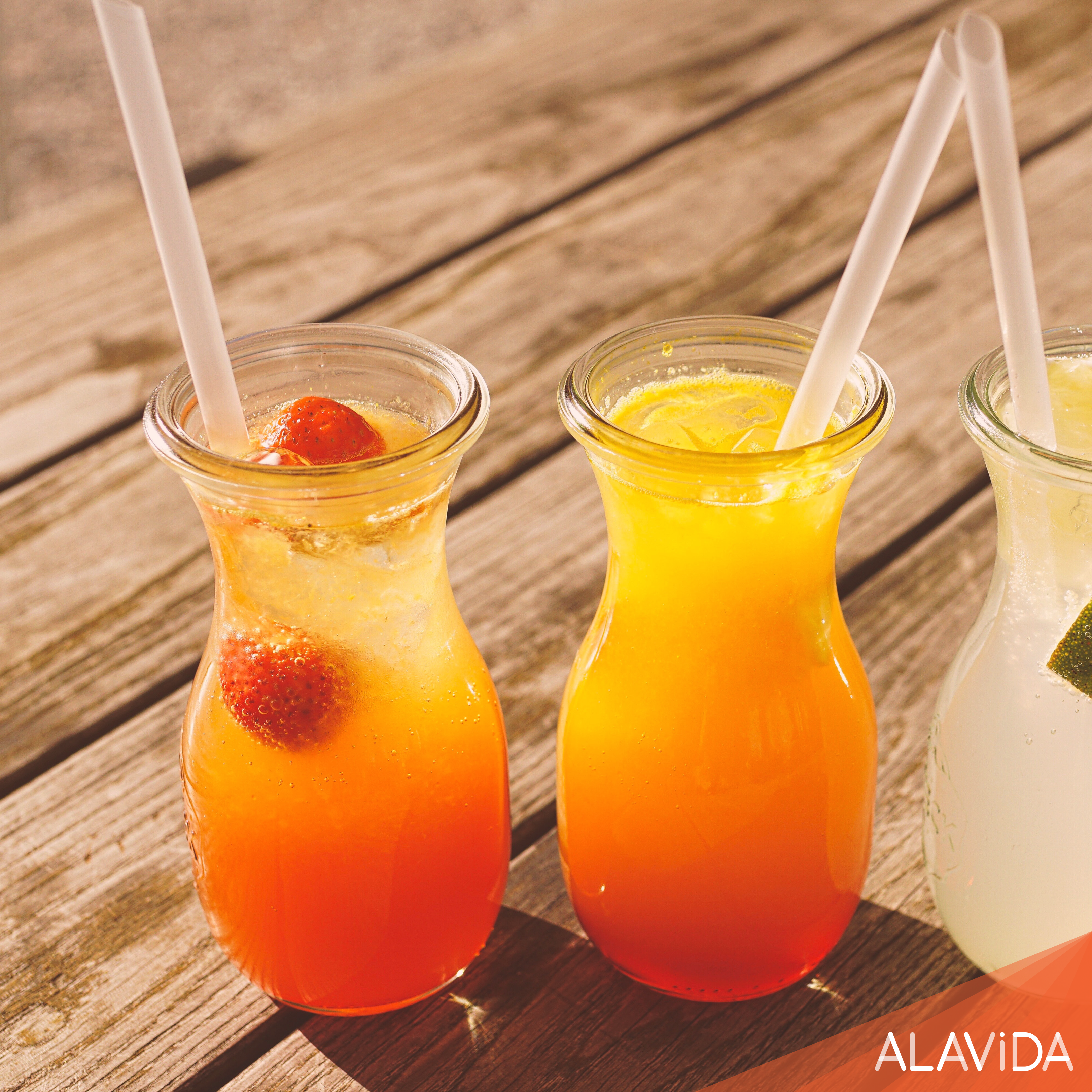Have You Ever Been Sober-Curious?

Dry January and February are long gone, and regardless of whether or not you took a challenge, many ask themselves if drinking contributes to their overall happiness. With the rise of heavy drinking and the efforts of governmental bodies to shed some light on the effects of alcohol on our health, an increasing number of people are cutting down, and a trend called “sober curious” is starting to emerge.
What does “sober curious” mean?

The term emerged a couple of years ago, when the number of teetotalers started to grow. As Laura Willoughby, founder of Club Soda, puts it, “After all, if you could buy a pill that would help you sleep better, lose weight, increase energy and improve productivity, then you would pay a lot for it. Reducing how much alcohol you drink does all of that and saves you money.” As people start to wonder if they need alcohol in their lives, and what impacts would decreasing alcohol have on their health, it’s important to realize that, just as heavy drinking, the sober curious movement exists on a spectrum: while some will categorically refuse to ingest even a single drop of alcohol, others may indulge with a drink or two every so often – and that’s fine.
Despite drinking still being very mainstream and accepted in all moments of life, the sober curious movement keeps growing and finds its roots in everyday people taking stock of their choices. Choices that affect their health, productivity, mood, relationships, finances, and much more. When thinking about all the things that are now being identified as unhealthy, alcohol couldn’t possibly be ignored.
The benefits of drinking less
However, as much as we know something is harmful, it doesn’t necessarily lead us to stop using it or cut down. Are we drinking because everybody else does? Or is it because we are so used to it that we can’t imagine a life without alcohol? Without a binary approach to drinking, this new kind of diet invites us to experience moments where we would usually drink alcohol, with a clear head and a mocktail instead. As most people who took a dry month challenge can testify, in addition to hangover-free mornings and a fuller bank account, they felt rejuvenated. Plus, not drinking allows for the restoration of healthy sleep patterns, which greatly impacts our overall health and mood, as Dr. Diane Rothon, Physician and Medical Director at ALAViDA, suggests.
Self-medicating, or worsening?
While being sober for a while seems manageable – even exciting to some – drinking is often used as a coping mechanism for those who struggle with depression, stress, anxiety and other mental issues. When the mood is this low, a seltzer, as fancy as it can be, isn’t likely to delight. Even so, Dr. Rothon stresses that “Most people think that they drink because they’re depressed. But in fact, they’re depressed because they drink.” Plus, alcohol has a numbing effect, which means that even if you think really hard about the potential causes of your problems, there’s little chance you’ll find the answer in a glass of whiskey. But, if you want to look at your life without the blurriness of drinking, swap the evening glass of wine for an alcohol-free drink. Then you’ll see that…
Fewer drinks but bigger buzz

- You can have a lot of fun – if not more – when not drinking: just let loose and be a kid again!
- Some of your friends aren’t actually that funny; you might even consider mixing up your social circle.
- Dating is a lot less “hit and miss”: no more alcohol fillers for boring conversations. If there’s no spark, no need to force it, just move on.
- You can finally taste the cheese more than the wine: food is no longer here just to soak up the alcohol, it’s an enjoyable experience that you can fully appreciate.
- Days are longer than you thought: drinking can take a lot of our time and makes us miss out on activities we enjoy.
Rethinking our drinking habits
Despite the tremendous benefits of a life without alcohol, we know that a world where we all toast, network, party and unwind on kombucha is utopian. However, we have the power to shift behaviours in regards to alcohol; to go from binge-drinking to food and wine pairing, and from after-work beers to special-occasions drinks. In other words, if we want to drink, may it be in moderation, whether our reasons are positive – such as celebrating a wedding, or an accomplishment – or for relief – such as stress, boredom, anger, sadness or loneliness. Being curious is something we do all the time as a child, but we lose touch with, as we grow and life happens. The sober curious movement is still crawling. So give in to that curiosity you might have in the back of your mind, and next time you see yourself staring at the drink menu, help the sober curious in you grow by asking yourself “what if I drank less tonight?”
Access the ALAViDA TRAiL app.

Alavida is an outpatient treatment program that helps people to get back to a healthier relationship with alcohol, thanks to the combination of medication, therapy and technology. On our blog, you will find stories, testimonials, evidence-based information and useful tips on how to prevent and overcome heavy drinking, while sustaining a healthy body and mind.
